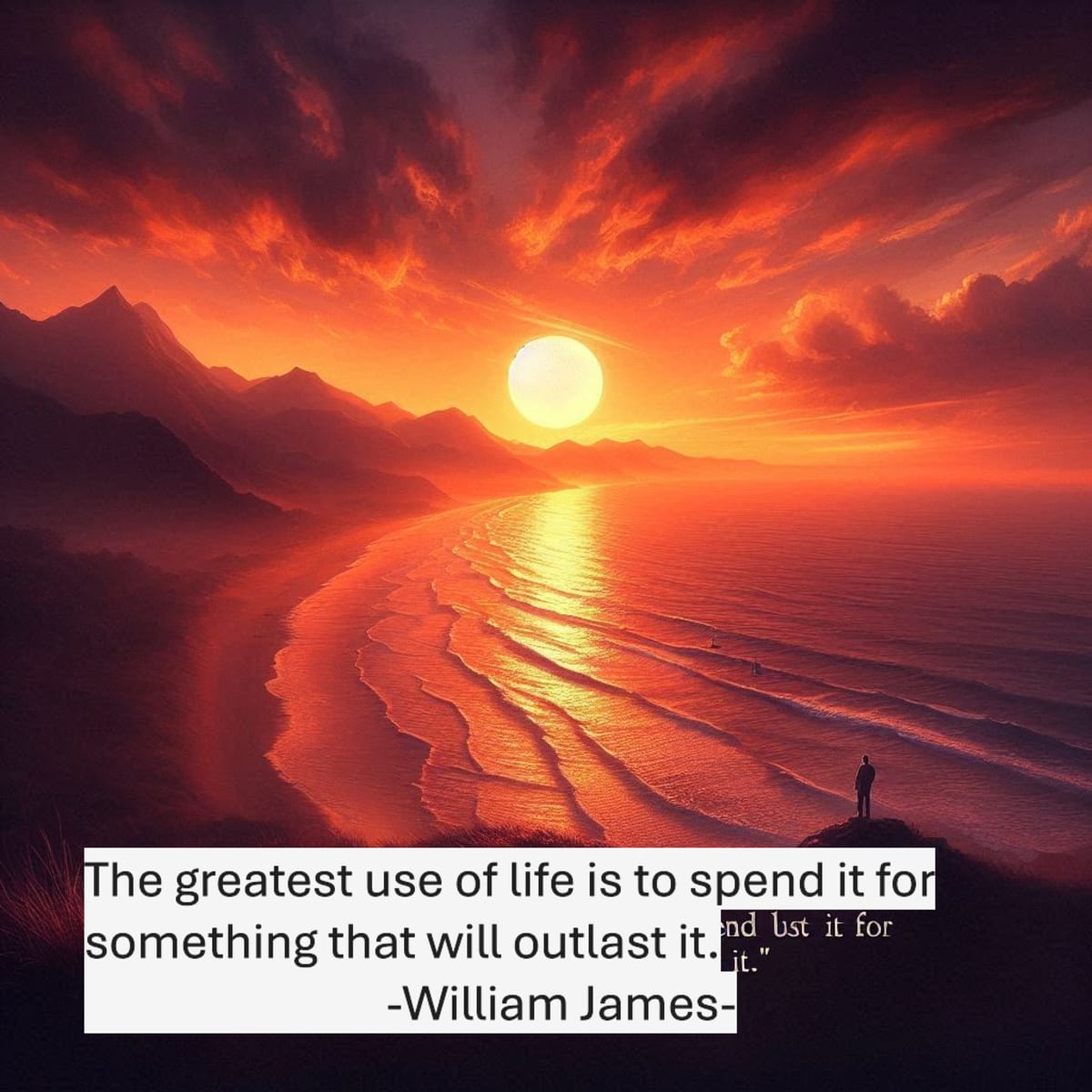Perception refers to organizing and interpreting sensory information to form a meaningful experience. It can be defined as:
- A belief or opinion based on how things seem. Cambridge.org
- The process whereby sensory stimulation is translated into organized experience, resulting in a percept. Britannica.com
- The manner in which a person experiences the world can vary among individuals. Geektonight.com
- In psychology, it involves recognizing and responding to our environment. Verywellmind.com
Perception is a complex process that influences how we understand and interact with the world around us:
I titled this article 'Art of Perception' because perception resembles art in its subjectivity. While we may all witness the same event, how we interpret and internalize it varies, much like our individual reactions to a piece of artwork. I have Norman Rockwell’s The Problem We All Live With in my office displayed on my wall. To me, it represents hope and courage. Others might see it as a historical depiction of Ruby Bridges and a symbol of the civil rights movement, but it speaks of strength and perseverance for me.
When I write, I often find inspiration in that artwork, which gives me a sense of direction. My goal is for my books and writings to reflect strength and perseverance, encouraging us to view the past as a foundation for the future. Much like art, perception is shaped by individual experiences. Each brushstroke represents a moment in our lives, coming together to form a portrait of who we are. The colors of our experiences shape how we see the world and ultimately determine the masterpieces we create.
This article was inspired by a conversation with my mother about the past. After our discussion, I questioned whether we had lived in the same household. Whenever I brought up events that, from my perspective, painted a negative portrait of her parenting, she would say, ‘That didn’t happen.' No matter how much I tried to challenge or reshape her memory, she remained steadfast in her belief that those events never occurred.
My sister and I had a similar conversation, and we discovered that while we remembered the same events, how those events affected us differed significantly. Some of the issues she held onto with deep conviction, carrying lingering anger and pain. Her attempts to discuss these memories with our mother were always met with the same unwavering response: 'That didn’t happen.
One minor example occurred during a cookout where my mother served Ball Park beef hot dogs. One of my sisters commented, 'We never had beef hot dogs growing up; we only had those red wieners.' I chimed in and said, 'I didn’t even know hot dogs weren’t supposed to be red until I moved out.' You’d think we had claimed never to have eaten hot dogs at all. She took offense, insisting she had only ever bought beef hot dogs. But let’s be honest—growing up in a single-parent household with six kids born between 1964 and 1972, beef hot dogs were not a budget-friendly option. I’m not sure they were widely available back then, but she was determined to defend her stance.
Reflecting on her defense of something so trivial, I was struck by how deeply perception paints our experiences and vice versa, how our experiences paint our perception——the portraits we create of our lives. The images we paint often differ drastically, and in some cases, the colors we use are not on the same spectrum of shades. Just as we shared the same household but saw things differently, we all coexist within the same communities, cities, states, and world. Yet, our perceptions of events and experiences diverge in ways that profoundly influence our lives and how we view the world and others in it.
In my book, The Women’s Meeting, one of the themes that I hoped to deliver is that we should not sit in judgment others. Even if we have walked in their shoes, our perceptions are not the same—what we hear, see, and feel is vastly different. Our memories, pains, and scars are unique to each individual, and sometimes, all you can do is live the best way you know how. Not everyone knows how to turn lemons into lemonade.
